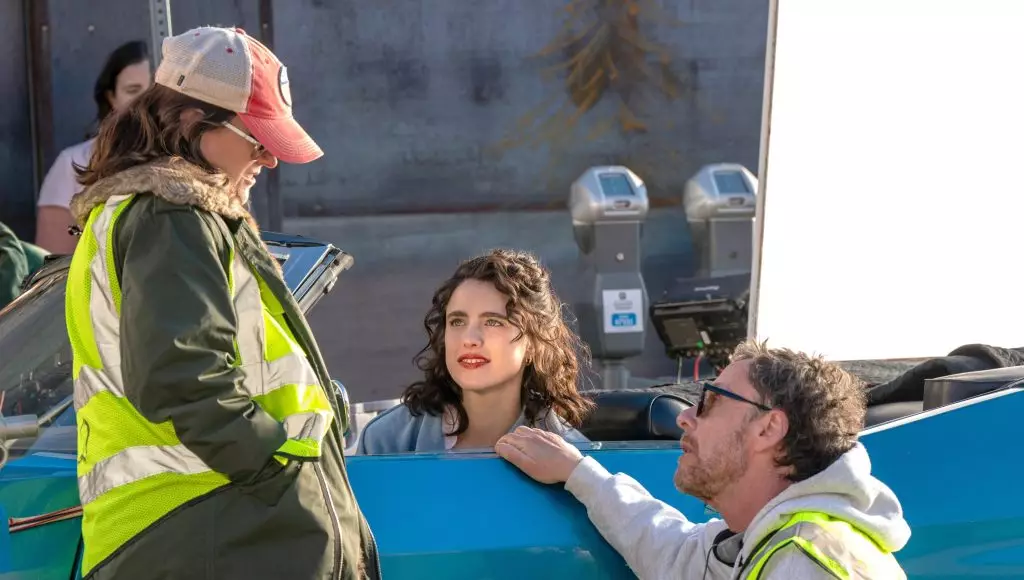For over seven years, the film world has been left craving the collaborative magic of Joel and Ethan Coen. Once prolific and celebrated as a powerhouse duo, their absence from joint filmmaking has sparked curiosity and speculation. While they remain active artists—each pursuing individual projects—their silence as a team feels like an unspoken chapter in cinematic history. This hiatus is not merely a gap but a reflection of complex inner dynamics, diverging creative visions, and personal evolutions that have reshaped their partnership.
The Divergence of Paths and Personal Growth
The last joint effort, *The Ballad of Buster Scruggs*, showcased their mastery across multiple stories, a project that demanded an expansive scope matching their previous epic ventures like *True Grit* and *No Country for Old Men*. However, it marked the end of an era when their creative journeys began to veer. Ethan Coen nearly retreated from filmmaking, possibly overwhelmed by the enormous scope of their shared projects and the personal toll they incurred. Meanwhile, Joel continued to craft cinematic gems, notably *The Tragedy of Macbeth*, demonstrating that their artistic trajectories, although intertwined, were gradually diverging. This divergence isn’t a sign of discord but rather a natural evolution—individual growth requiring space, reflection, and sometimes, silence.
The Role of Personal Life and New Inspirations
Ethan’s reemergence in filmmaking was sparked by personal influence—his wife Tricia Cooke, a trusted collaborator and editor, convinced him to revisit storytelling through a documentary about Jerry Lee Lewis. Their collaborative project, *Drive Away Dolls*, epitomizes the sibling duo’s complex relationship with filmmaking—marked by long gestation periods, shared ambitions, and a willingness to innovate. Their latest film *Honey Don’t!* is not just a comedy but an act of redefining genre norms, highlighting their ongoing desire to challenge conventional storytelling and gender stereotypes. The film’s protagonist, a lesbian private eye, signals their interest in diverse narratives and subverting traditional roles—an intentional departure from their early genre conventions.
The Future of Their Creative Union
Despite the extended hiatus, optimism persists that the Coen brothers will reconnect creatively. Interviews reveal that scripts are in the works, including a poignant project centered around a women’s crew team’s reunion—a metaphorical exploration of life’s tumult and resilience. Their comments suggest that their collaborative spark remains alive, merely waiting for the right project, timing, and inspiration. Ethan’s declaration that they have a script ready to bring back their partnership demonstrates a belief in the enduring power of their combined vision, even if it’s been temporarily set aside.
The Significance of Individuality in a Shared Legacy
Their long pause raises important questions about the nature of collaboration itself. Are their separate paths a sign of a fractured partnership or a testament to their individual geniuses? The Coen brothers’ story is a reminder that creative partnerships can evolve, adapt, and sometimes pause, but still remain fundamentally connected through a shared love of storytelling. Their willingness to explore solo projects without definitive end indicates a confidence that their joint work is a chapter—one that will likely be revisited, enriched by their individual growth, and ultimately, redefined through new collaborations yet to come.
Their silence may be temporary, but its implications are deep: it reflects the intricate dance between partnership and individuality in creative life. The Coen brothers’ saga is far from over; it is simply a testament to the evolving nature of artistry, balance, and the eternal pursuit of storytelling excellence.

